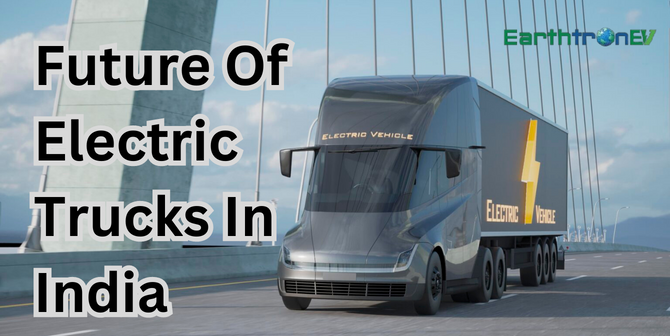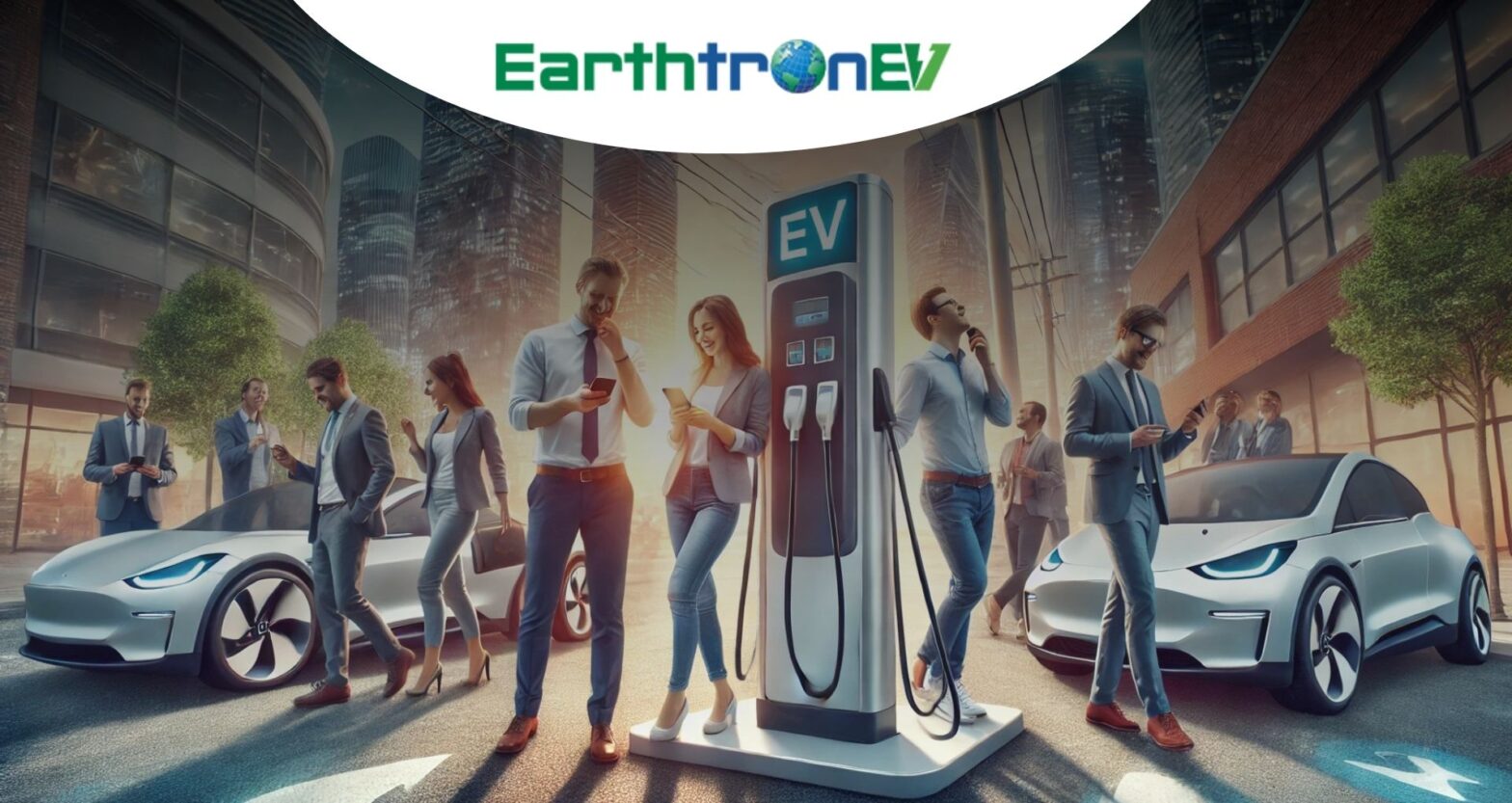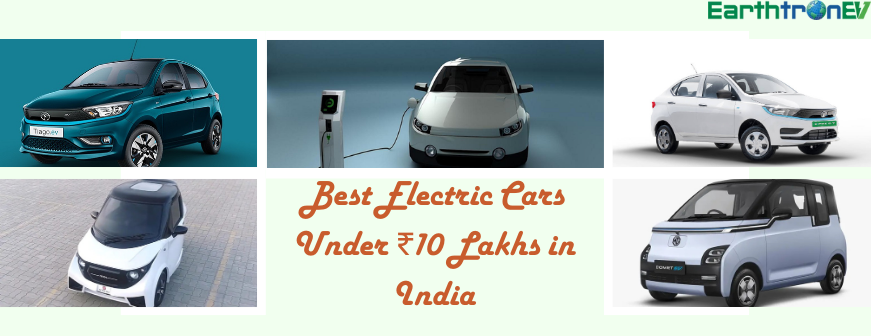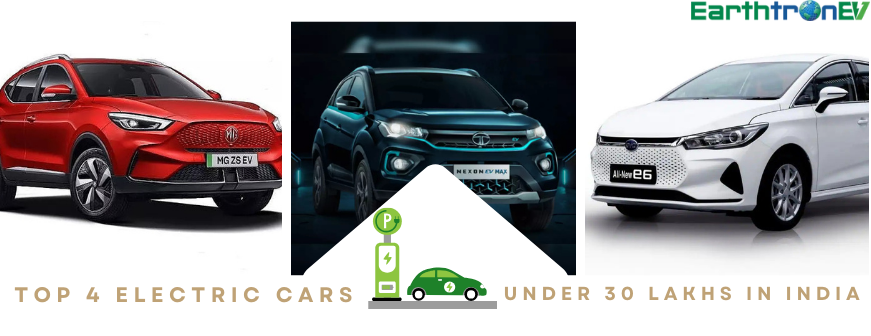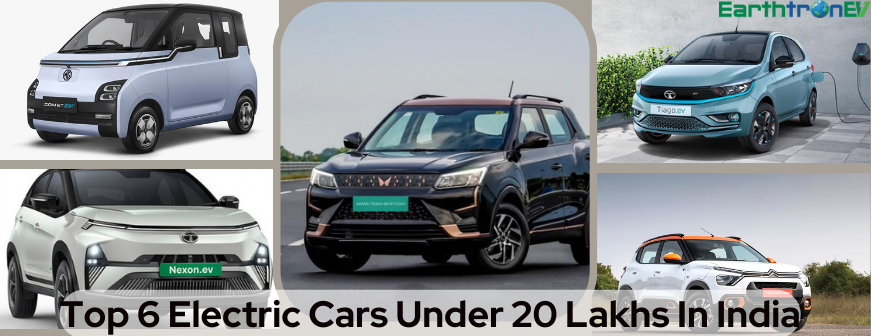India has excellent opportunities to flourish in the truck market. Previous records in this industry are real examples of achievements. It is one of the largest automobile markets in India. Truck businesses are one of the lucrative options for many Indians, and when we talk about electric trucks, there is nothing more productive and profitable. Globally, India has one of the largest automobile markets.
The nation has country-wide electrification that will make a revolutionary switch from gas-powered automobiles to electrification, making a turning point for the whole world and India itself. It implies the most optimistic future of heavy-duty trucking in India is electric trucks. Know more through this article and grab in-depth ideas on the future of electric trucks in India.
Why switch to electric trucks in India?
Despite what most people believe, the electric truck market will also expand with the revolutionary change to electrification. Trucks are the backbone of the logistics industry, meeting the need to deliver goods. India is the sixth largest market selling medium and heavy-duty trucks (MHDTs) worldwide. The sale reached more than two lakh vehicles sold in 2021. Over five million trucks are running on Indian roads. Among these numbers, over 90 percent of them use diesel. Most businesses transport their goods via third-party players. They prefer to do something other than transfer through their fleets. It makes the trucking industry more dynamic.
These heavy-duty trucks are the slowest automobiles in reducing carbon and other harmful emissions. Gas-powered trucks are the most prone source to emit NOx emissions. Apart from electric vehicles, gas-powered trucks produce a significant amount of pollution. Thus, the Indian automobile market must consider this carbon emission and take proactive steps to reduce it. The first step towards reducing carbon emissions is switching to electric trucks in India. It will lead to immediate sustainable action towards carbon emission reduction.
What does the Indian truck industry need to do to become more sustainable in reducing emissions?
The Indian government and private companies must take the initiative to switch to electric trucks. An efficient corporate policy can boost the reduction or control of carbon emissions by “x” percent per year. Switching to a more sustainable industry with electric trucks improves the environment. It also results in a more innovative and more profitable option for truck businesses. Electric trucks can also be an efficient, low-cost, and eco-friendly choice for Indians.
The truck industry is blooming with key evolutions. It improved communications, expanded supply and demand, and more eminent use of technology. Experts expect the growth of the road logistics market in India will reach a CAGR of eight percent over the coming forecast years. It will hit 330 billion USD by 2025. To boost the demand for electric trucks, the Indian government has established a target to reach thirty percent electrification of the nation’s vehicle fleet by 2030. It has presented several incentives and policies to sustain the evolution of the EV industry. The EV industry has acquired a significant augmentation to develop electric vehicles and switch to electrification from the Union budget for FY24. It also highlighted the importance of hydrogen adoption and other evolving technologies.
Transportation plays almost 14 percent of India’s greenhouse gas emissions. The truck industry is also the fastest-evolving greenhouse gas emitting domain in India. Road transport accounts for more than 90 percent of the nation’s transport emissions. Thus, India needs to pay attention to road transportation with electric trucks to achieve net zero emissions.
This switch to the electrification of road transportation will reduce India’s greenhouse gas emissions. But other EVs are gaining momentum. The electrification of two and three-wheelers, automobiles, and other vehicles for the logistics sector are still lagging. The future of electric trucks in India will exceed in the coming predicted years.
Can the electric truck in India be the future?
The Indian electric vehicle ecosystem is developing. The niche e-MHDT sector has initiated to establish its significance. But some key factors are responsible for restricting the transition from diesel trucks to electric trucks. Some of these are insufficient e-truck models in heavier transport sectors, high upfront costs, range anxiety for EV drivers, etc. It is because of the deficient charging infrastructure in long-haul operations.
The Indian government and private companies adopt the right policy and regulatory push. It can overcome these problems. It can involve financial and non-financial incentives. This gives the necessary impetus to truck electrification. Further, ownership and decision-making are also critical aspects. It determines the pace of any technological transition.
Final Thoughts on the Future of Indian Electric trucks
Transportation is the most critical aspect of the Indian logistics industry. Businesses are integral to the revolution of electrification. The commitments made by corporations on fleet transition will provide many advantages. It will boost the sales of e-trucks for truck manufacturers. Also, it will give momentum to the third-party logistics service providers to subsidize in transitioning their fleets. Global campaigns like EV100+ focus on the revolution of medium and heavy-duty freight vehicles by 2040. It can support many industries in setting ambitious targets followed by bold action.
Further, persuading the MHDTs driver partners and fleet operators can help increase the demand for electrification. It is compulsory to showcase viable use cases and success stories behind electrification.
Conclusion
In India, trucking is a traditional way of livelihood. It is not a transport activity. There are thousands or more lives and livelihoods dependent on it. The transition to electrification will benefit the growth of trucking. It will boost Indian transportation. Thus, it has to be as fair and inclusive as possible for EV users to concern. The vision of e-trucks operating through remote hinterlands will convert to reality with evolving technologies. It will support lowering GHG emissions. Thus, it will improve the lives of all the citizens and living creatures involved for the better in India.
